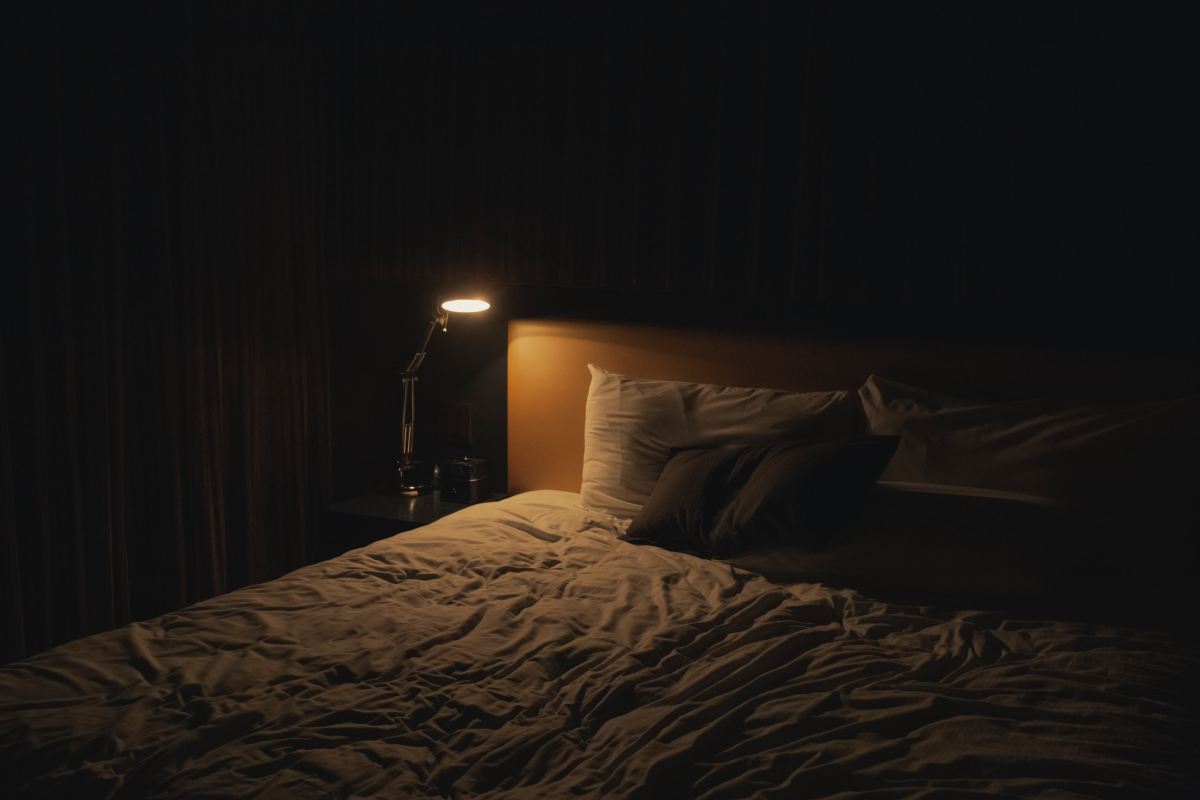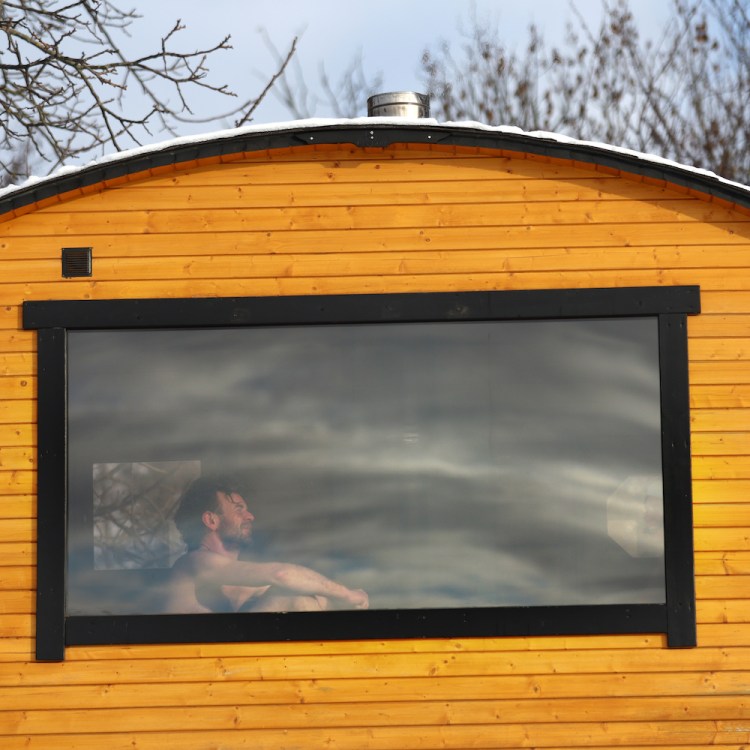Last year, an article published by the American Medical Association shared a worrying statistic: 6 million people in the United States have been diagnosed with sleep apnea, but this represents only about a fifth of the total number of people in the country who are dealing with it. And if you’ve been wondering if you fall into the category of people with undiagnosed sleep apnea, a recent study might well inspire you to get it looked at.
Why? A higher risk for dementia and cognitive impairment, for one. That’s one of the big takeaways from the paper, titled “Association of Polysomnographic Sleep Parameters With Neuroimaging Biomarkers of Cerebrovascular Disease in Older Adults With Sleep Apnea” and published in the journal Neurology.
The study focused on 140 individuals with obstructive sleep apnea, or OSA; the test subjects had a mean age of 72.7. Sixty percent were male; 90.7% of the test subjects were cognitively unimpaired during the entire process. The scientists studied the brain’s white matter and found that “reduced slow-wave sleep and severe OSA were associated with higher burden of white matter abnormalities in predominantly cognitively unimpaired older adults.”
Those abnormalities, in turn, “may contribute to greater risk of cognitive impairment, dementia, and stroke.”
Sleep Is Improved By a Sense of Purpose, Study Finds
Those with sense of direction are less afflicted by insomnia and sleep disruption.As Gizmodo’s report on the study points out, these aren’t the only health issues that sleep apnea is connected to. Still, a higher risk for brain damage or a stroke definitely falls into the “cause for alarm” category — and this study helps illustrate the long-term importance of getting a good night’s sleep.
The Charge will help you move better, think clearer and stay in the game longer. Subscribe to our wellness newsletter today.


















